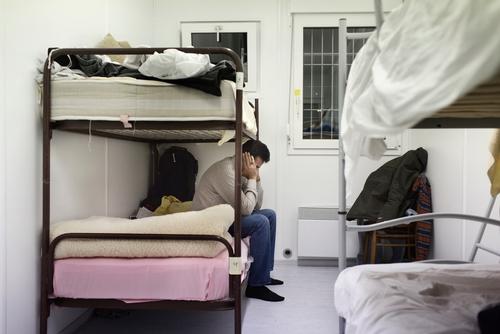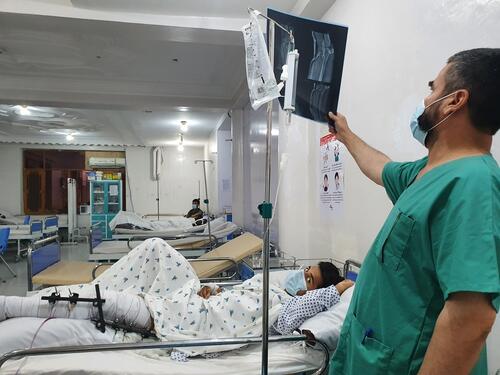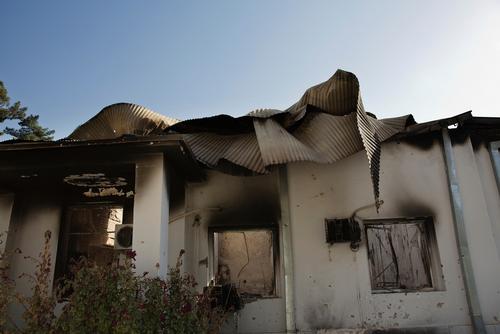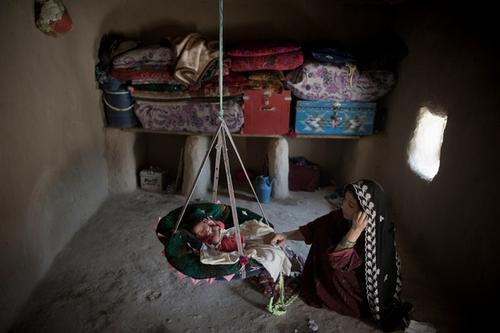MSF focuses on emergency, paediatric, and maternal healthcare in Afghanistan, which has one of the highest maternal mortality rates in the world.
We work in one hospital in Helmand province in collaboration with the Ministry of Public Health. We also run a maternity hospital in rural Khost province, a drug-resistant tuberculosis programme in Kandahar, and a trauma centre in Kunduz. We treat malnourished children, who have been displaced, in Herat province, where we also run a COVID-19 treatment centre.
Major attacks on MSF hospitals have occurred in recent years; in October 2015, US airstrikes destroyed our trauma centre in Kunduz, killing 42 people. An armed group attacked our maternity wing at Dasht-e-Barchi hospital in Kabul in May 2020, with 16 mothers and an MSF midwife among those killed. In the wake of the attack, we made the difficult decision to withdraw from the hospital in Kabul, leaving women in the area without critically-needed emergency obstetric care.
In August 2021, the Islamic Emirate of Afghanistan (also known as the Taliban) entered the city of Kabul as the government collapsed. MSF teams have stayed in place and continue to provide care.
What are we doing in Afghanistan?

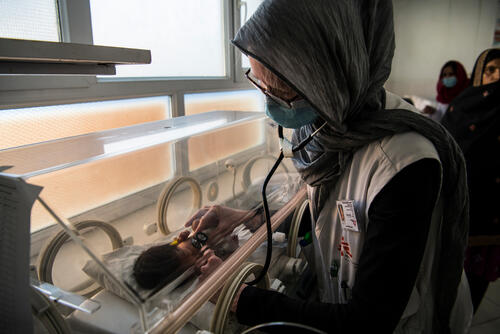
By providing free, high quality maternal and neonatal healthcare in two hospitals in Helmand and Khost provinces, we aim to help reduce death and sickness in mothers and their newborns. Training medical staff is an integral and important part of our projects.

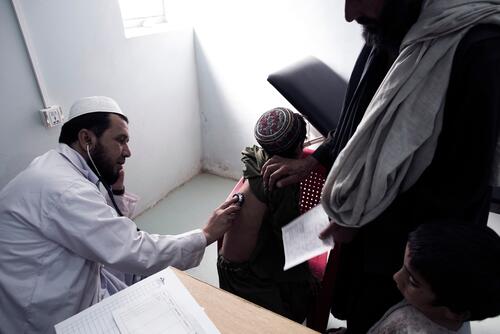
We support the diagnosis and treatment of drug-resistant tuberculosis. In Kandahar province, in the south of the country, we run a laboratory, as well as facilities for hosting patients during their treatment.

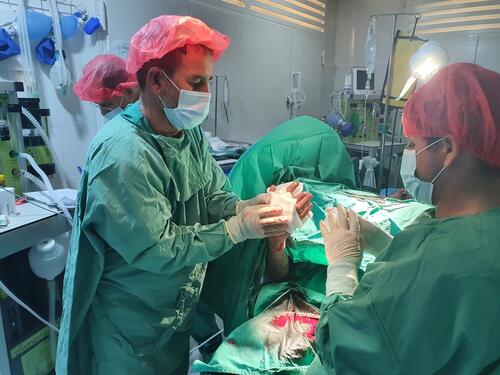
We opened a new 30-bed trauma centre in Kunduz in August 2021. The centre treats people with trauma injuries, for example, as a result of road traffic accidents, and people injured in the fighting who have complications.
Learn more
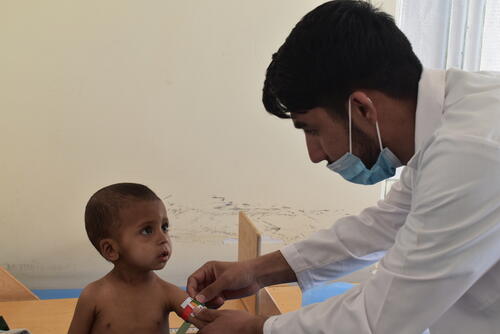
In both Herat and Helmand provinces, we treat malnourished children in inpatient therapeutic feeding centres; those coming to the centre at the regional hospital in Herat have often travelled some distance to get there.
Our activities in 2022 in Afghanistan
Data and information from the International Activity Report 2022.
2,848
2,848
€48.4 M
48.4M
1980
198
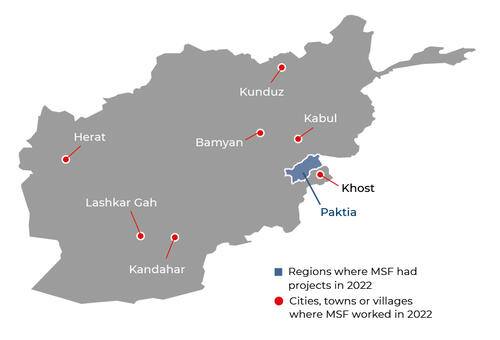

337,700
337,7
138,200
138,2
42,800
42,8

13,700
13,7
9,170
9,17
2,390
2,39
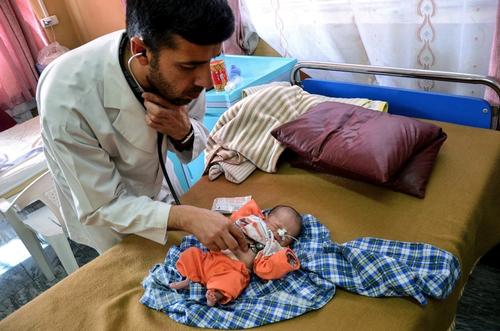
Maternity service in the district public hospital of Dasht-e-Barchi
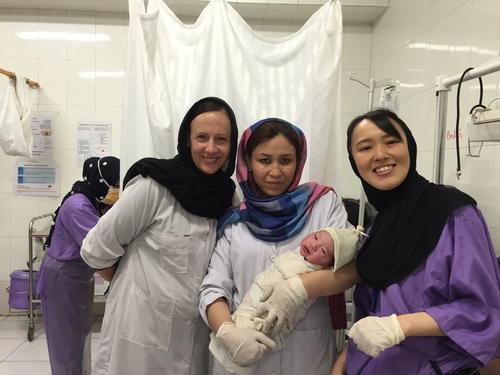
The number of deliveries has doubled since the project opened
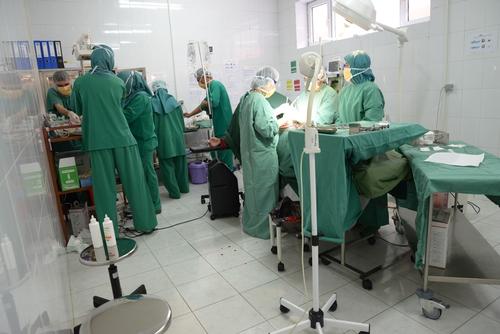
“A postpartum haemorrhage can happen to anyone”
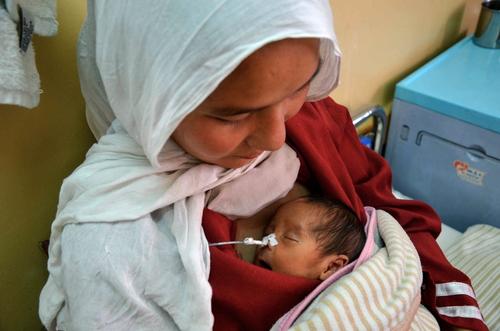
Nurturing premature babies with their mothers’ embrace

Will they kill us here in Europe?
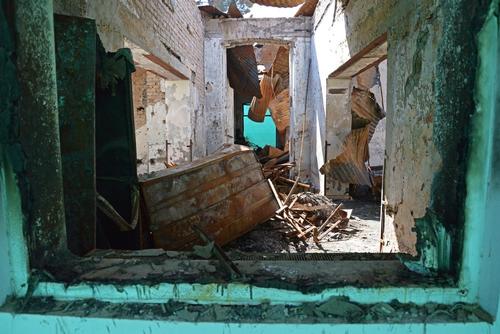
6 months later
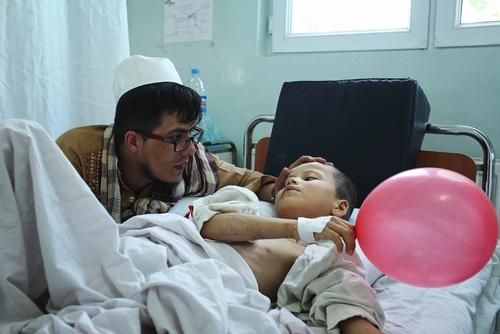
What has been lost
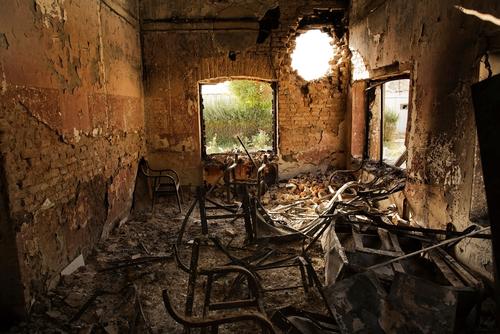
This is my story
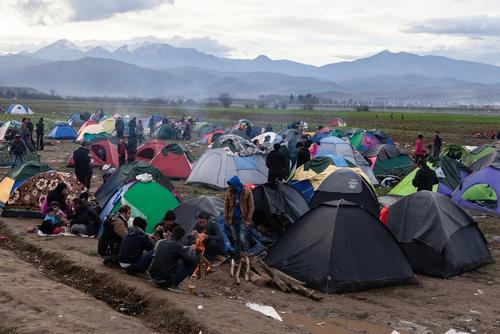
EU Migration Crisis Update - March 2016
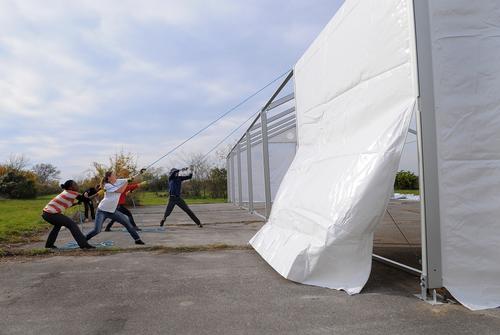
EU Migration Crisis Update - February 2016
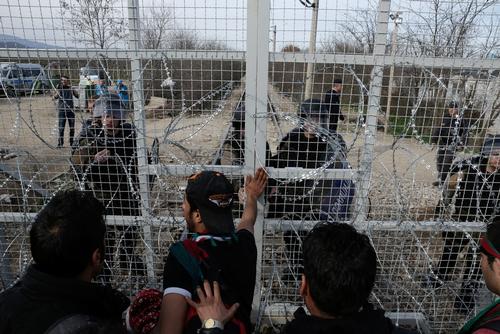
Thousands stranded as new arbitrary border restrictions expose refugees to violence
